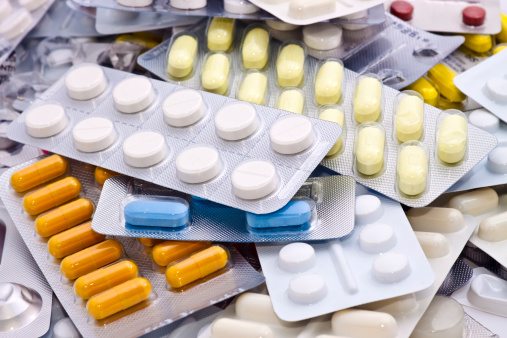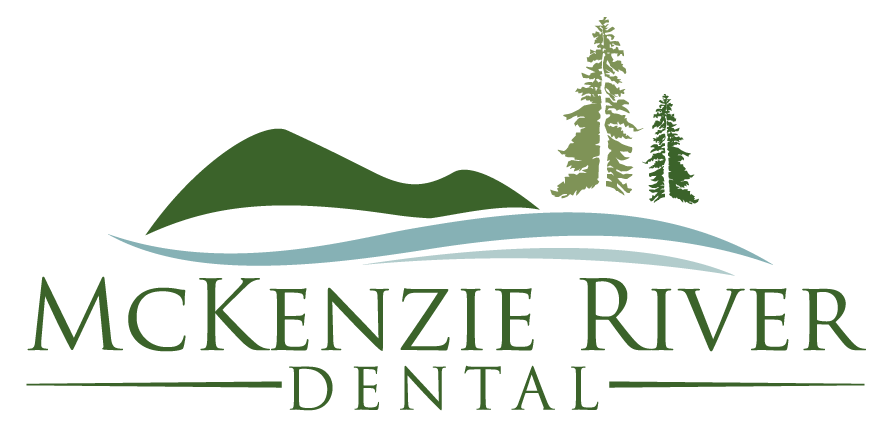The Medications You Take Can Impact Your Oral Health

If you’re one of the millions of Americans that regularly takes an over-the-counter or prescription medication, you’ve probably noticed the long list of potential side effects linked to those drugs. Side effects for many commonly used medications can range from headaches and skin discoloration to blood clots or other serious complications. However, one complication many people don’t tend to consider when taking medications is what effects they may have on their oral health.
Here at McKenzie River Dental – your Springfield, Oregon dentist of choice, we want to let you know about about a few common oral health related side effects caused by taking both over-the-counter and prescription medications.
Abnormal bleeding. Anticoagulants, aspirins and other types of blood thinners offer protection against heart disease and stroke, but they can also cause bleeding gums, especially during any type of oral surgery. Make sure to let Dr. Schilt know when taking any kind of medication so he can take any precautions needed to reduce the risk of bleeding.
Taste bud changes. Medications like nicotine skin patches, cardiovascular drugs and some types of respiratory inhalants can leave a bitter or metallic taste in your mouth. Some can even alter the way you taste foods altogether. If you notice a change in how things taste, talk with your physician or Dr. Schilt about potentially switching medications.
Soft-tissue reactions. Prescription medications linked to side effects such as inflammation, mouth sores, or soft tissue discoloration in the mouth are usually blood pressure medications, certain types of chemotherapy drugs and oral contraceptives. Dr. Schilt can offer recommendations for a special oral health regimen that can help to reduce any discomfort if you experience these types of symptoms.
Enlarged gums. Clinically referred to as gingival overgrowth, enlarged gums can be the symptom of taking calcium channel blockers, immunosuppressant drugs – especially those used following an organ transplant – and anti-seizure medications. If you are taking any of these types of drugs, make a point to be extra gentle when brushing and flossing. Also make sure to talk to Dr. Schilt about specific care instructions.
Increase cavity risk. Sugar ranks as a commonly used ingredient in a wide variety of over-the-counter medications, including antacid tablets, cough drops, vitamins and antifungal treatments. While a dose of sweetness may help these types of medications go down a little more smoothly, it can also make your teeth more susceptible to developing cavities. To help offset this risk:
- Take tablet form medication whenever possible
- Take medication during meals
- Avoiding taking just prior to bed
- Visit Dr. Schilt regularly for preventative care
Dry mouth. Quite a few medications, both OTC and prescribed, list dry mouth as a potential side effect. When saliva doesn’t flow normally from the mouth, your soft tissue can become irritated, leading to the development of inflammation that increases the risk of infection. If you suffer from severe dry mouth as the result of medication, talk to your doctor about switching to another drug. You can also try one of the following tips:
- Drink plenty of water throughout the day
- Reduce the number of caffeinated beverages, tobacco and alcohol you consume as they can contribute to dry mouth
- Chew sugarless gum throughout the day
- Avoid eating spicy or salty foods
- Use a humidifier at night
